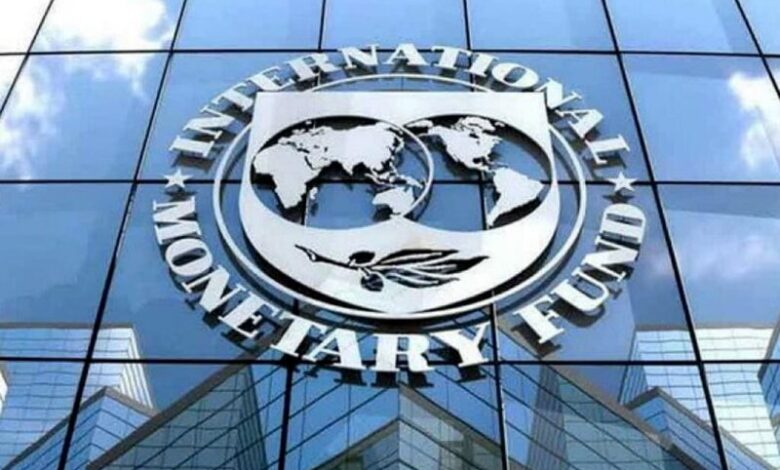Corruption remains a major barrier to effective economic governance, others in Ghana – IMF


The International Monetary Fund (IMF) has expressed worry about the way corruption remains a major barrier to effective economic governance, public trust and sustainable growth in Ghana.
According to the Fund, public procurement processes are a major source of corruption risk, characterised by excessive reliance on sole-source and restricted tendering without adequate justification or oversight, resulting in inefficiencies, inflated costs, and frequent contract non-performance.
The Fund revealed this in the Ghana Governance Diagnostic Report.
“While Ghana has been a beacon of political stability in the region, corruption remains a major barrier to effective economic governance, public trust and sustainable growth in Ghana”.
It stated that the accumulation of large expenditure arrears, driven by weak budget credibility and poor commitment controls, exacerbates governance vulnerabilities by creating discretionary opportunities for corrupt practices in payment prioritization. “Anti-corruption institutions remain fragmented and under-resourced, while preventive mechanisms such as asset declarations, conflict-of-interest rules, and beneficial ownership registries are incomplete or poorly enforced”, it added.
Furthermore, the Fund said revenue administration is weakened by outdated legal provisions, political influence, outdated systems, and limited digitalization, undermining the effectiveness of the Ghana Revenue Authority. “The judiciary, while constitutionally independent, faces delays, resource constraints, and has had to deal with allegations of corruption, while land tenure complexities continue to erode property rights”.
It continued that financial sector oversight has advanced, but supervisory capacity and governance challenges in banks persist, highlighting that “Overall, important inefficiencies and overlapping mandates create space for corruption, underscoring the need for comprehensive and well-sequenced reforms”.
“The government has committed to strengthening governance and reducing corruption, providing a critical opportunity to address these long-standing vulnerabilities. Lasting improvements in governance and corruption control will require sustained”, it added.
Recommendations
The report emphasised that addressing Ghana’s governance weaknesses will require well-sequence, comprehensive reforms to strengthen institutional independence, transparency, and operational capacity.
It stressed the importance of reinforcing preventive and enforcement mechanisms, enhancing the financial and operational autonomy of anti-corruption agencies, bolstering fiscal credibility and accountability (including by prioritizing budget credibility, implementing the arrears clearance strategy, entrenching competitive procurement practices), and generally minimizing discretionary powers in public sector operations.
Additionally, sustained progress will also depend on reducing reported inefficiencies in justice, land administration, and revenue administration.
DISCLAIMER: The Views, Comments, Opinions, Contributions and Statements made by Readers and Contributors on this platform do not necessarily represent the views or policy of Multimedia Group Limited.
DISCLAIMER: The Views, Comments, Opinions, Contributions and Statements made by Readers and Contributors on this platform do not necessarily represent the views or policy of Multimedia Group Limited.
Source link





